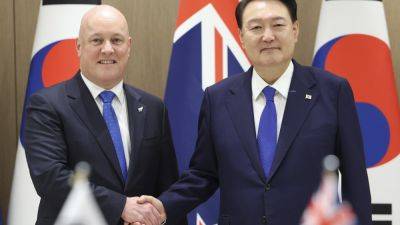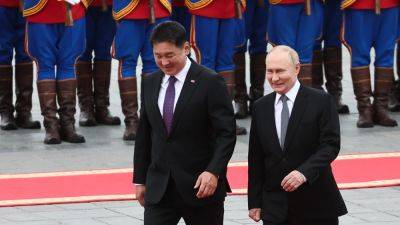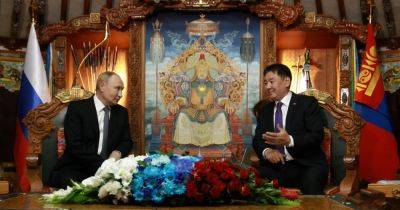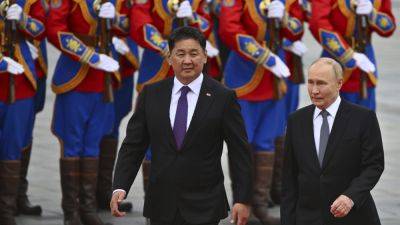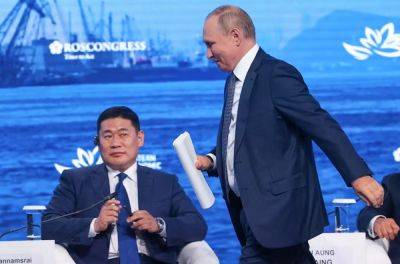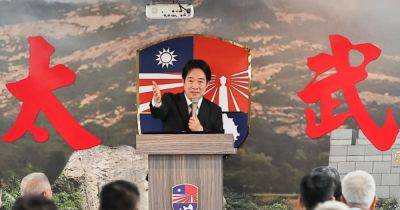Legal and political implications of President Putin’s visit to Mongolia
September 4, 2024
ULAANBAATAR – Mongolia, the country that captured the world’s attention online with its unique uniform for the Olympians in Paris 2024, has once again drawn global interest with Putin’s visit. Needless to say, we are all aware that the International Criminal Court (the “ICC”) issued a warrant for his arrest in 2023 regarding the war crimes he allegedly committed, and Mongolia is a State Party to the Rome Statute (the “Statute”). It is also unquestionable that his arrest is crucial to the case, as the ICC is prohibited from conducting trials in absentia.
Subsequently, while many Mongolians believe that Putin should be arrested for the unspeakable crimes he has allegedly committed (though with considerable hesitation about whether the arrest should take place on Mongolian soil), it is clear that there are also many pro-Putin supporters. Yet, citizens and activists attempting to peacefully assemble to express their opinions and stands against Putin, despite the ‘unavoidable’ threat from authorities, including the police, should definitely be highlighted here.
On a separate note, some people, including young media representatives, are attempting to justify Mongolia’s inaction regarding the arrest by considering the country’s geopolitical position and national interests, which involve national security, energy, exports and imports, and more. It is arguably hard to blame them for bringing such arguments to public attention.
That said, this article attempts to focus on the issue from a legal perspective, examining Mongolia’s obligations regarding the arrest, the consequences of non-compliance, and the potential support available in a situation where a ‘not-so-powerful’ country is involved in the arrest of a


